“Our body has the miraculous capacity to mend itself and Qigong reawakens the natural healer within each of us.” - Deborah Davis
Our experience of trauma is internalized by our nervous system as a survival mechanism. When our intimate boundaries have been crossed, it is common to experience dissociation and shame (Vidal & Petrak, 2007).
Trauma survivors may continue to experience distress and challenging emotions, even after talk therapy.
According to leading experts such as Dr. Pat Ogden, Dr. Peter Levine, Dr. Bessel van der Kolk, and Dr Gabor Maté, the body is the key to healing trauma.
Qigong has been shown to be particularly helpful for trauma survivors as it activates the parasympathetic nervous system, aiding the body’s ability to move into a calmer state (Yeung et al., 2018).
Traditional Chinese Medicine understands poor health to be a cause of stagnant or blocked energy (qi) in the body (Yeung et al., 2018). Qigong works to release energy (qi) that is stuck in the body and to further balance one’s energy, strengthen the immune system, and improve mental well-being (Schnauzer, 2006).
The slow movement of Qigong can help to regulate five major systems:
- The nervous system
- The limbic system
- The circulatory systems
- The endocrine system
- The immune system
The practice of Qigong can create an attuned presence through its slow movements, diaphragmatic breathing, meditation, and maintenance of balance and coordination (Yeung et al., 2018). The combination of these principles can help to harness energy to support the flow of our qi (Yeung et al., 2018).
Qigong can help us activate our inner resources to instill a state of calm in the body. Some positive recorded outcomes of Qigong include:
- Feeling safe in your body
- Feeling grounded
- Feeling stronger in your body
- Feeling oriented in your environment
Qigong consists of mindful, meditative movements which are different from everyday activities as they tend to elicit personal experiences and sensations which link to emotion- aiding in cognitive processing (Pölönen et al., 2019).
Qigong can help to achieve a sense of awareness as well as the ability to observe thought patterns, without forming too much attachment to them (Shonin et al., 2013). Engaging in movement and breath while observing these thought patterns can encourage distressing or intrusive thoughts to pass by safely.
To make this powerful modality available to therapists and their clients, we’ve created this self-paced online program that integrates traditional Chinese Qigong to support trauma healing.
Introducing Qigong For Sexual Trauma
Discover a new science-backed way to integrate the ancient Chinese wisdom of Qigong to heal after sexual trauma and restore your boundaries.
Seven Expert-Guided Techniques:
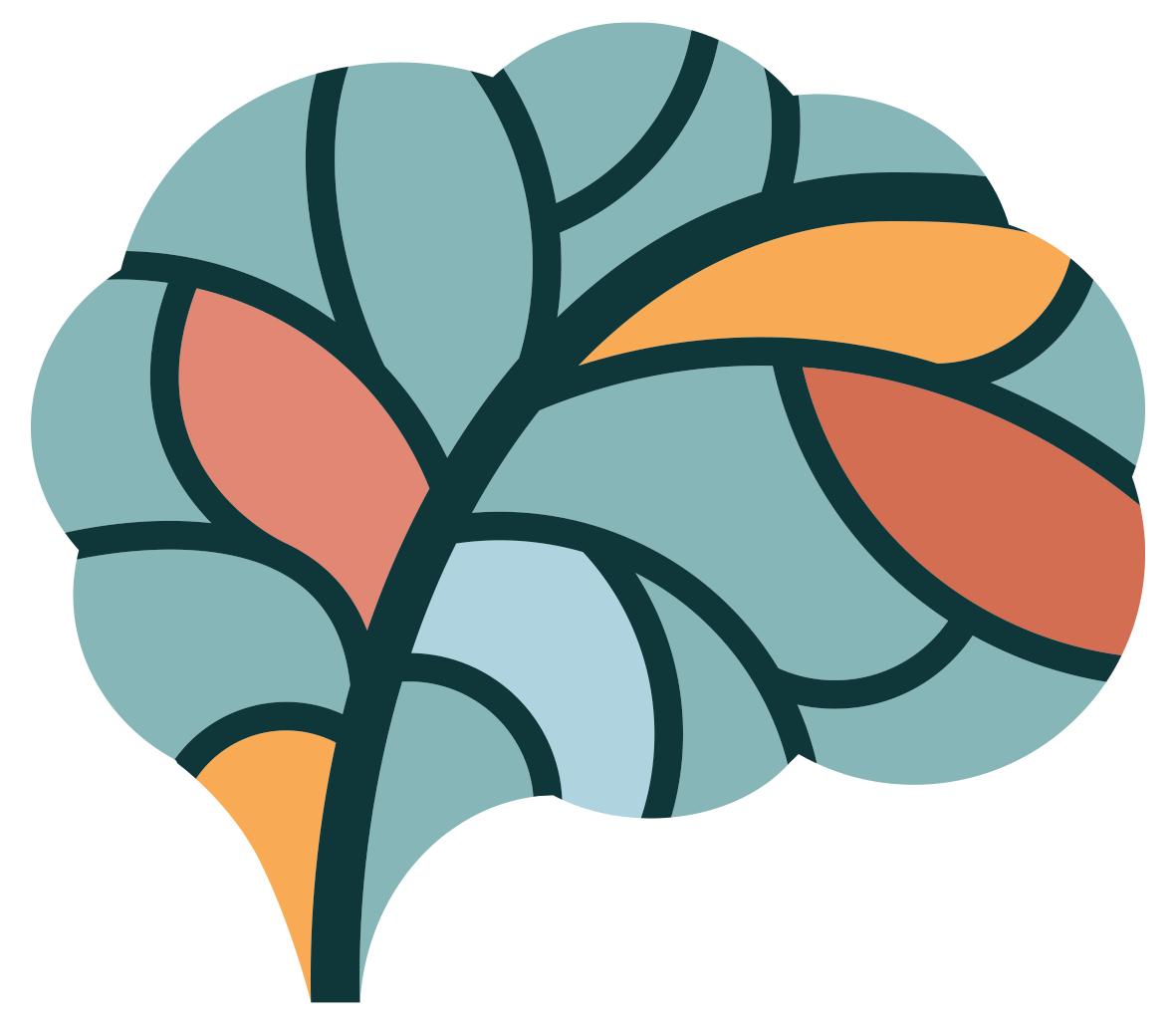
Technique 1: Healing From Sexual Assault Through Qigong & Tantra
Using a Taoist Qigong practice of self-massage and breathwork, this exercise focuses on loving and nurturing yourself.

Technique 2: Healing Dissociation Through Qigong
Find groundedness through the Qigong practices of ‘soothing chi’ and ‘ocean breathing’. Using breath, intention, and movement, instill feelings of awareness and safety.
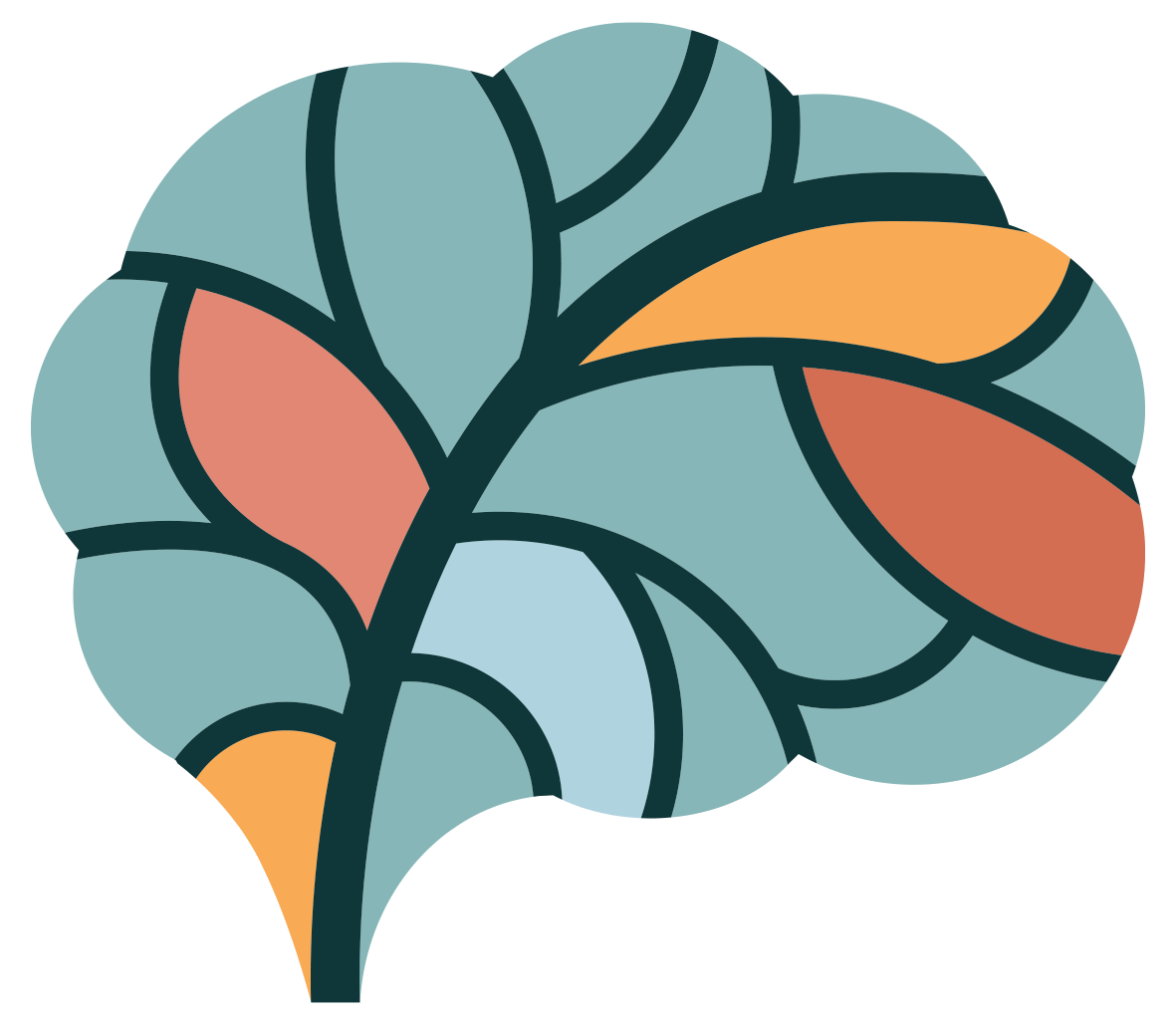
Technique 3: Sending Love To The Womb Through Qigong Meditation
Using a Taoist Qigong meditation known as the inner smile, this exercise helps to open the heart to experience feelings of love, joy, and gratitude and to send that energy to the pelvic area as a destressing technique for the pelvis.
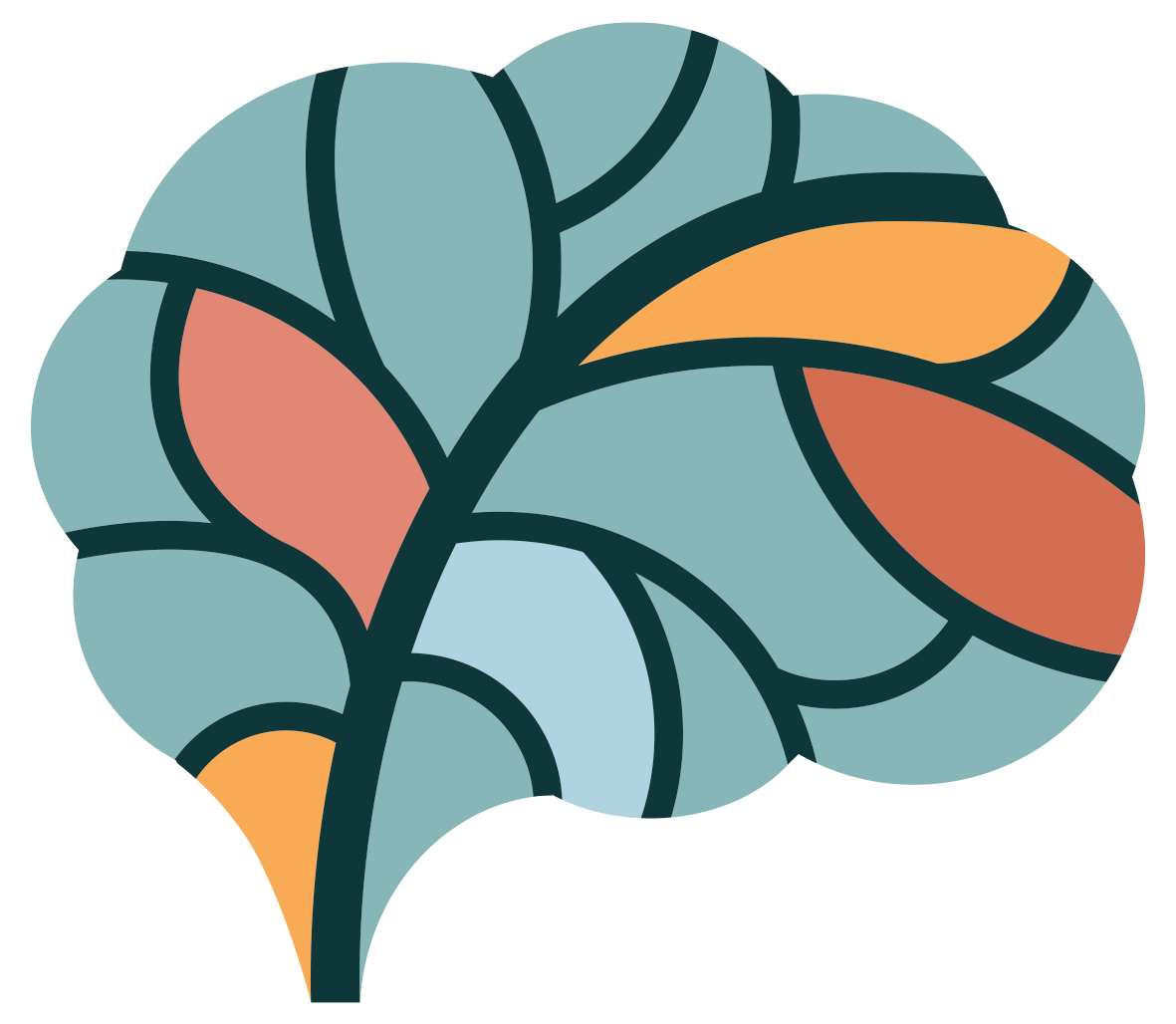
Technique 4: Healing Sexual Shame Through Qigong
Build a positive relationship with your sexuality using the Qigong exercise of moving your hips in a figure-eight pattern- using our breath as we move. This exercise works to heal feelings of shame or guilt by balancing one’s energy.
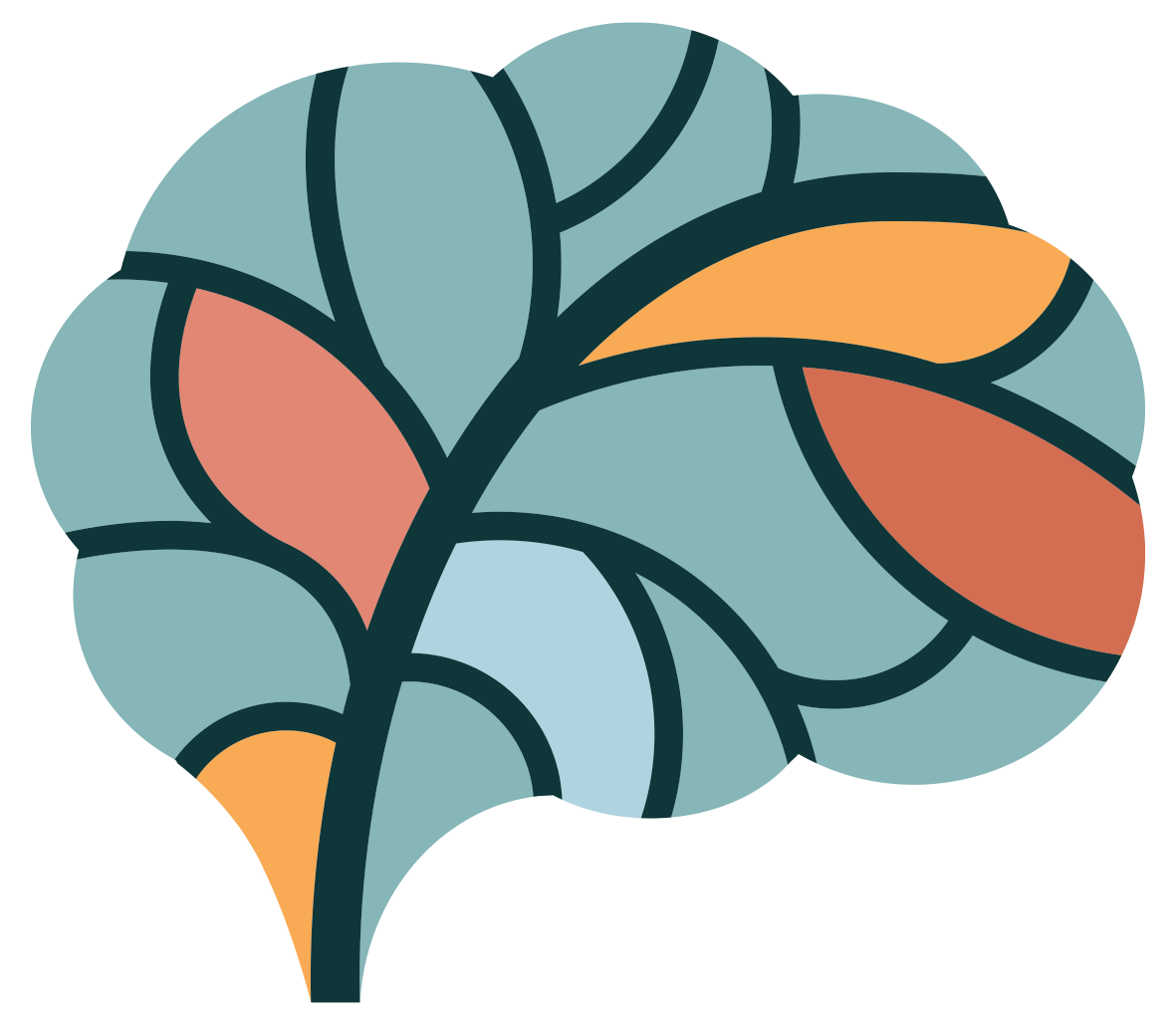
Technique 5: Healing From Traumatic Childbirth Through Tantra & Qigong Practice
This exercise uses a Taoist Qigong, and Tantric practice called the ‘microcosmic orbit’. We begin with a body scan and then utilize breathwork while moving our hands in a circular motion over and around our pelvic area.
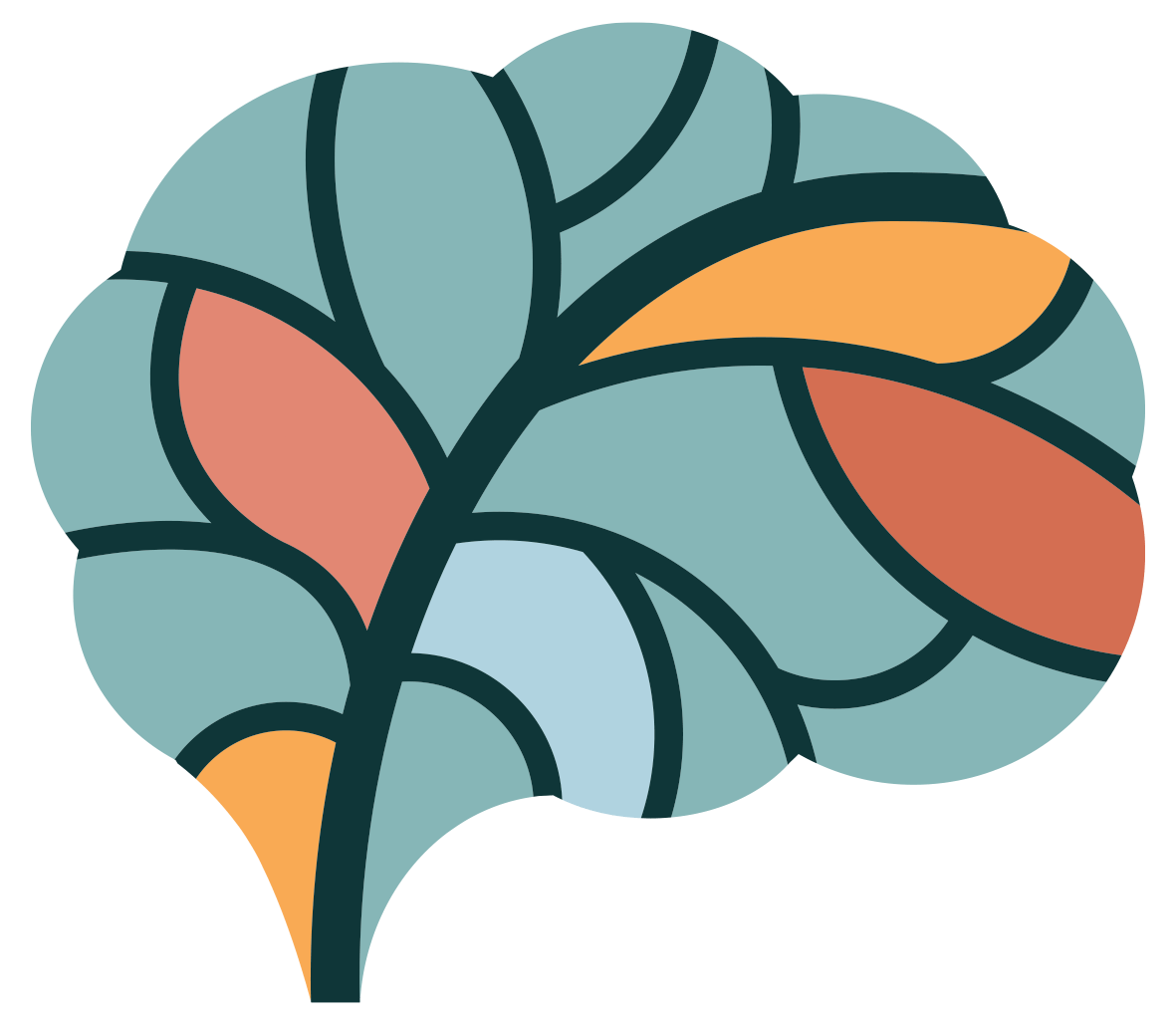
Technique 6: Releasing Shame, Loss, Fear & Anger From The Sexual Center Through Tantra
Shift feelings of anger and shame with the Taoist tantric practice called ‘wands of light’. This exercise draws on the five-element theory from traditional Chinese medicine.

Technique 7: Healing Anger, Helplessness, and Crossed Boundaries
Harness confidence and empowerment using a Qigong practice to create strong boundaries and a healthy sense of aggression. This exercise helps us connect to larger sources of energy and concentrate that energy into the lower energy center in our belly.
Two Expert-Led Theory Modules:

Theory Module 1: Introduction To Qigong (32-min)
- The background of Qigong and Tantra
- The three main foundations for Qigong
- Shifting Virtues
- Tantric-based Qigong
- The Yin and the Yang

Theory Module 2: Qigong Movements For Trauma Healing (15-min)
- Qigong exercise demonstrations
- The Qigong Community
Our Programs Come With:
-
A private supportive community
-
Lifetime access to the program and all future updates
-
Technical support via email and messenger
-
Start at any time at your own pace
-
A 72-hour money-back guarantee
-
A 30-day program exchange policy
Register Here for $160
Learn how to heal after sexual trauma and restore your boundaries with Qigong
Meaningful Feedback
“The course was presented in a very fresh, interesting, and informative way. The panel was extremely caring, professional, and engaging. The theory, exercises, and bonus program exercises were a beautiful way to present such rich information.”
Rita Ehrman, Survivor
"The tools I learned in your program helped me to feel less anxious, more connected to my body, helped me to sleep better, and have a little less pain. I will come back to these tools throughout my day and look forward to re-watching the videos."
Tracie Jones, Survivor
"I found the videos were easy to fit in because they are short and didn’t overwhelm me. I began to look forward to the calm and peace it would bring to my body to follow along with a drama or art therapy technique."
Tikeke Ziemer, Survivor
"One of the greatest things I have noticed is that Rewire Trauma Therapy responds to every comment, either on Facebook, Instagram or through their programs… this makes me feel seen and heard… creates a beautiful space to heal in."
Carrie Butler, Survivor
"Thank you so much for creating and sharing such a helpful and inspiring program and for making it affordable as well."
Tracie Jones, Survivor
"It helps me to feel the body and everything that happens in it, to slow down, and be focused. I found the tools of Rewire Therapy very practical and it suits me."
Milena Blankman, Survivor
“Rewire's programs have helped us so very much. We have become more calm, regulated, and just happy using the program! I look forward to the time we spend doing the program together and so does my son.”
Renee Boos, Survivor
Register Here for $160
Learn how to heal after sexual trauma and restore your boundaries with Qigong
Meet The Experts

Tanya Zajdel
RN, PSYCHIATRIC NURSE, FOUNDER OF REWIRE TRAUMA THERAPY
Tanya’s work with trauma healing and survivorship has been featured at the Tribeca Film Festival, CBC News, Vox Tablet, and Iheart Radio.
Tanya is a mental health worker, a women’s health nurse, and a published feminist author. Tanya focuses primarily on creating programs that facilitate trauma healing through creating new neural connections in the brain called 'neuroplasticity exercises'.
Her techniques combine various proven therapies to repair and reset the nervous system after trauma including somatic therapy, yoga, drama therapy, dance therapy, CBT, qigong, EMDR, vagal toning, authentic movement, and a combination of expressive, creative art therapies.
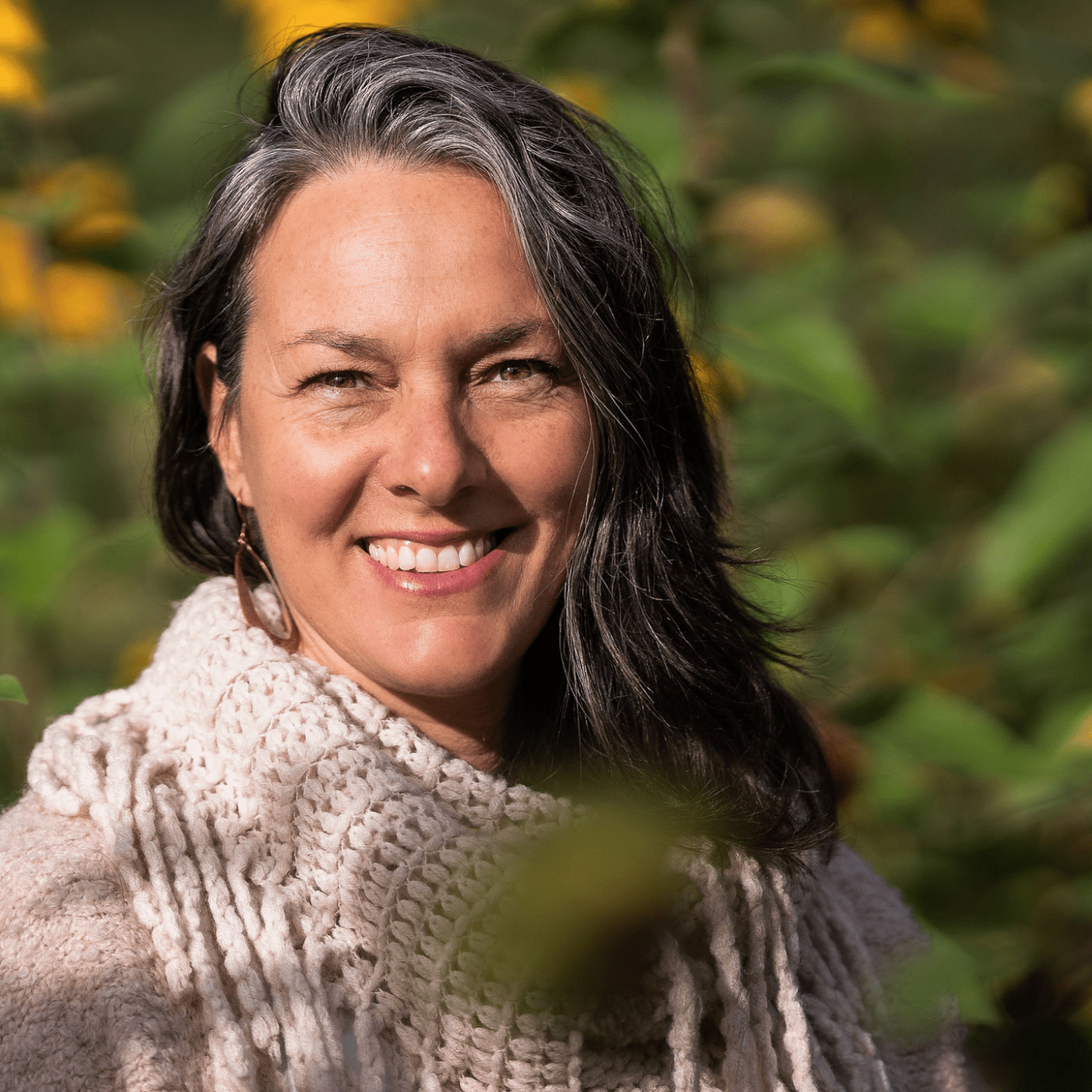
Stephanie Lafazanos
CERTIFIED MEDICAL INTUITIVE, INTEGRATIVE SOMATIC TRAUMA & HOLISTIC PRACTITIONER, TANTRA AND INTIMACY INSTRUCTOR
Stephanie Lafazanos is a Certified Medical Intuitive, Integrative Somatic Trauma & Holistic Practitioner, Tantra and Intimacy Instructor/ Trainer and Coach at Wildly Woman. She helps women and couples who struggle with intimacy in relationships, gain the skills and self-healing needed so they can create more passionate and supportive loving connections.
Skilled in Integrative Somatic Trauma therapies, Tao Tantra, Qigong, Energy medicine, and Intimacy coaching, Stephanie helps others move past trauma and transform mental, emotional, and physical blockages to relationship success and sexual and spiritual wholeness.
Register Here for $160
Learn how to heal after sexual trauma and restore your boundaries with Qigong
Frequently Asked Questions
How long do I get access to the program?
What is your refund policy?
Are the educators in this program licensed to guide me?
If I am not traumatized by any one experience but I’m looking to improve my overall mood and mental health, is this course still for me?
Can I use this course to support my loved one who struggles with mental health?
Is it better to combine various therapy techniques (as suggested in your program) to heal from my trauma, or is it better to stick with just one form of therapy?
Will I receive recognition of completion?
Do your programs contain only video content?
Can children participate in your programs?
Do you offer payment plans or scholarships?
Do you offer in-person sessions?
Register Here for $160
Learn how to heal after sexual trauma and restore your boundaries with Qigong













